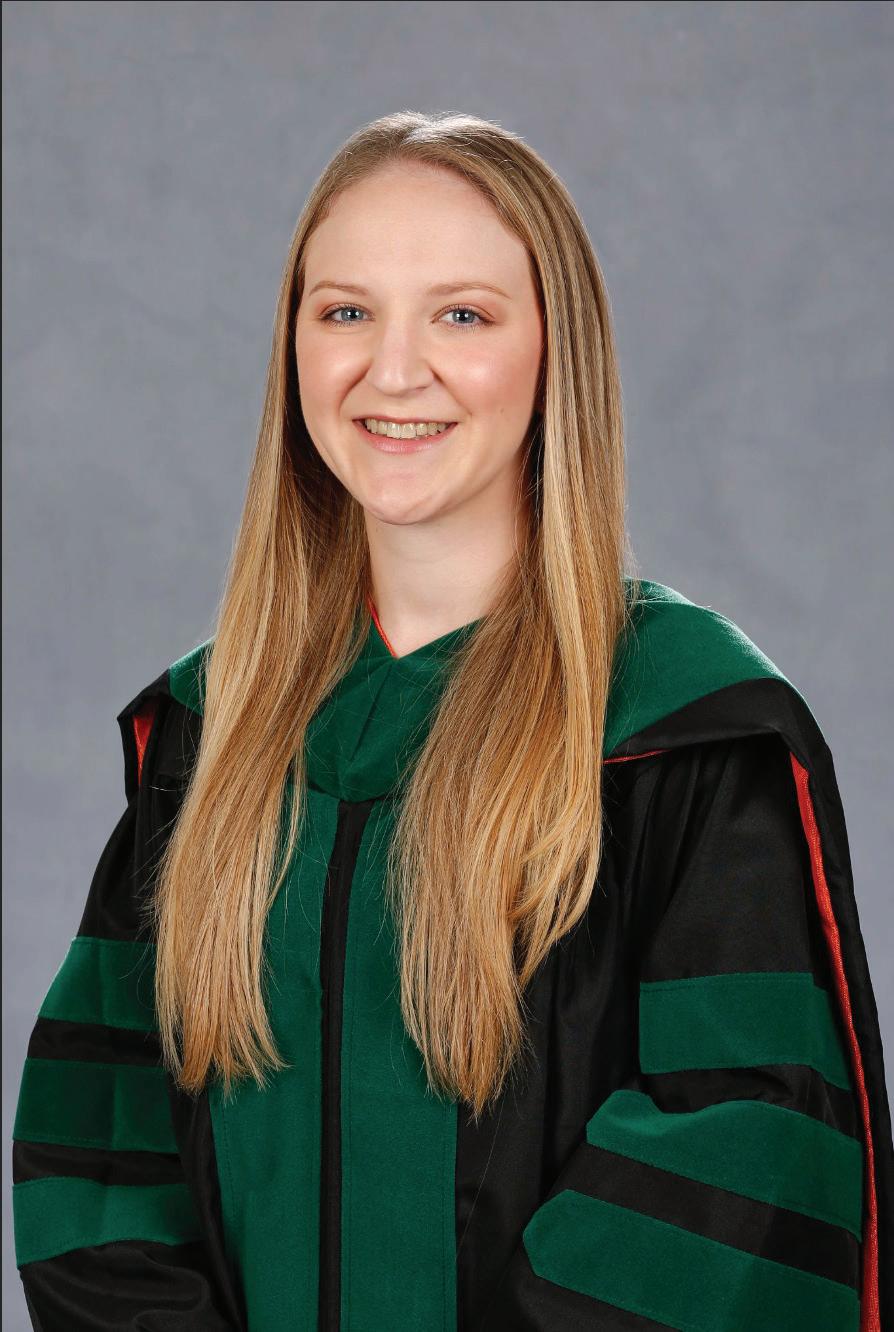Intern Feature: Stephanie Lee, MD What is your current involvement with DOCS? What initially made you interested in becoming involved? For the past year, I have been one of the resident volunteers at the Final Doctor Evaluation (FDE) Station at the DOCS Health Fairs. At this station, I work with medical students trained as patient navigators to review with patients the results of their health assessments from the various stations. We also answer questions about the impact of these results on patients’ future health, and we work together to get patients connected to primary care providers and crucial sub-specialty follow ups that they would have otherwise struggled to obtain or never seen at all. I actually first heard about DOCS when I was a medical student in Oklahoma. I was one of the delegates for my medical school to the American Association of Medical Colleges’ Organization of Student Representatives and every year I remember the University of Miami submitted several research projects highlighting many of their community outreach efforts at the medical student level through DOCS. Prior to applying for residency, I also presented a poster at DOCS’ 2019 annual conference and was able to see firsthand this student body’s dedication towards serving those with barriers to healthcare access. Seeing how pervasive the spirit of service was even in the medical school curriculum helped influence my decision to rank University of Miami/Jackson Health System’s Med-Peds program as my #1 choice. So it was only natural that I jumped at the chance to volunteer with DOCS this year as a resident! Is there a similar program where you went to medical school? Yes, there is a student organization called the University of Oklahoma Community Health Alliance (OUCHA). I was the president of the organization during my 3rd and 4th year of medical school. It’s organized very differently from DOCS in that instead of several health fairs spread throughout the local area, our volunteerism and community outreach efforts were focused on collaborating with 14 different local, free to low cost healthcare clinics. In addition, OUCHA hosted health fairs for the Oklahoma City Public School System (where children were taught about healthy lifestyle habits), Stop the Bleed courses for the community, a statewide conference about bridging the access gap in healthcare, and several other fundraisers and workshops throughout the year. The main goal of both organizations though is the same: to teach medical students how to extend care to underserved populations and promote the passion of giving back to the communities that we serve. What impact do you see that DOCS has on the communities we serve? I think taking care of our own health is something that is very difficult for the average person to do, even when they are healthy. I love volunteering with DOCS because the efforts made through the health fairs give our patients ownership and awareness of their own health status, sometimes for the first time! We can go a long time in our life without seeing a doctor because life gets in the way (working long hours, busy home life, prioritizing our family or friends over ourselves) but DOCS being accessible to so many communities helps remind people that when they’re ready to take the first steps to live a healthier life, someone will be there to help them get started on the right road.
12







